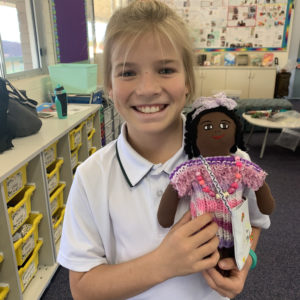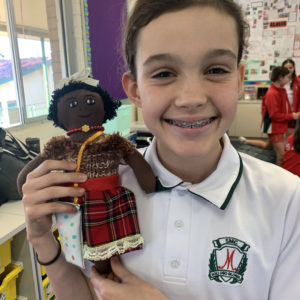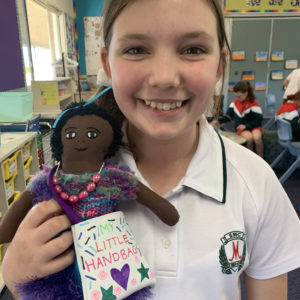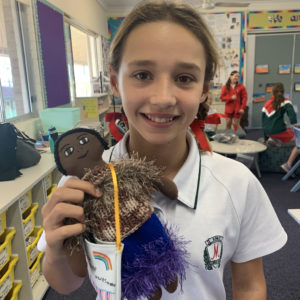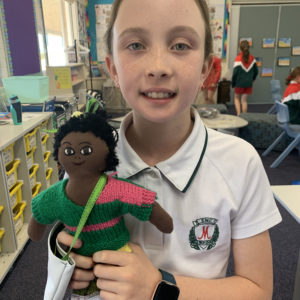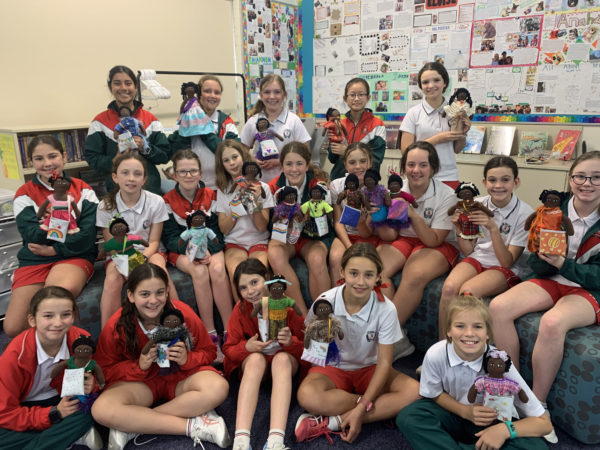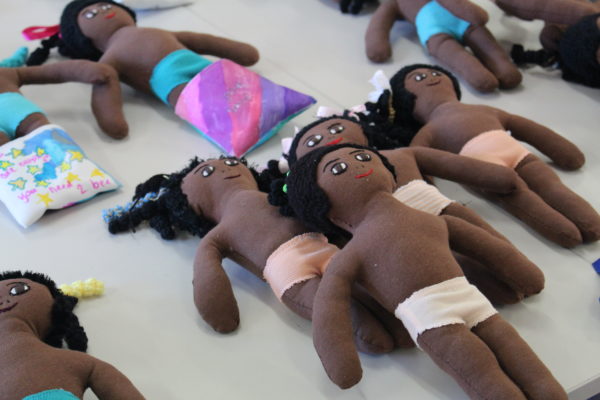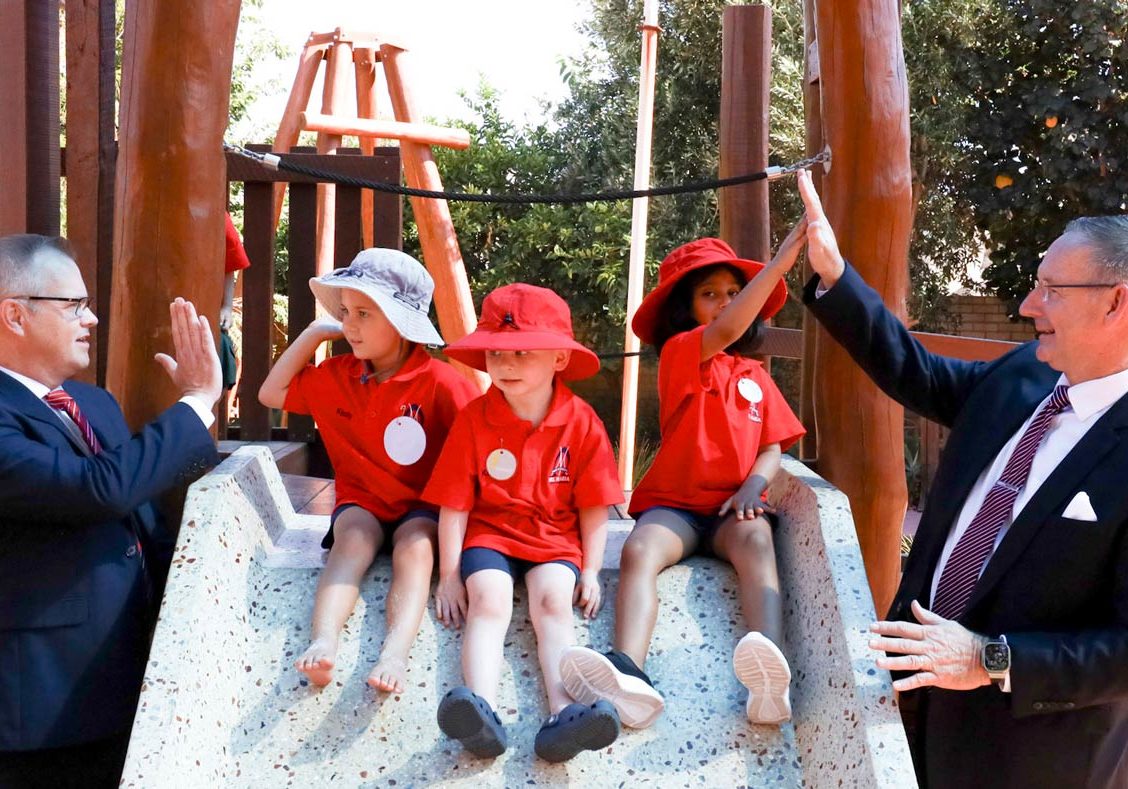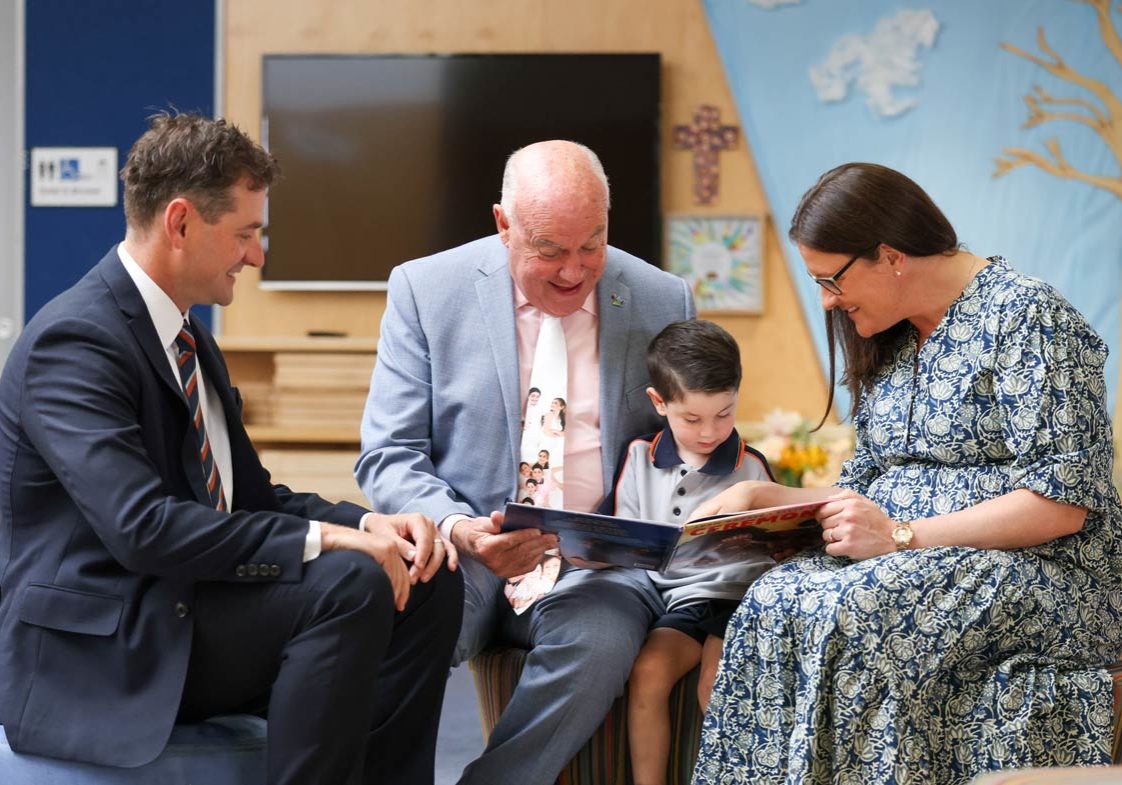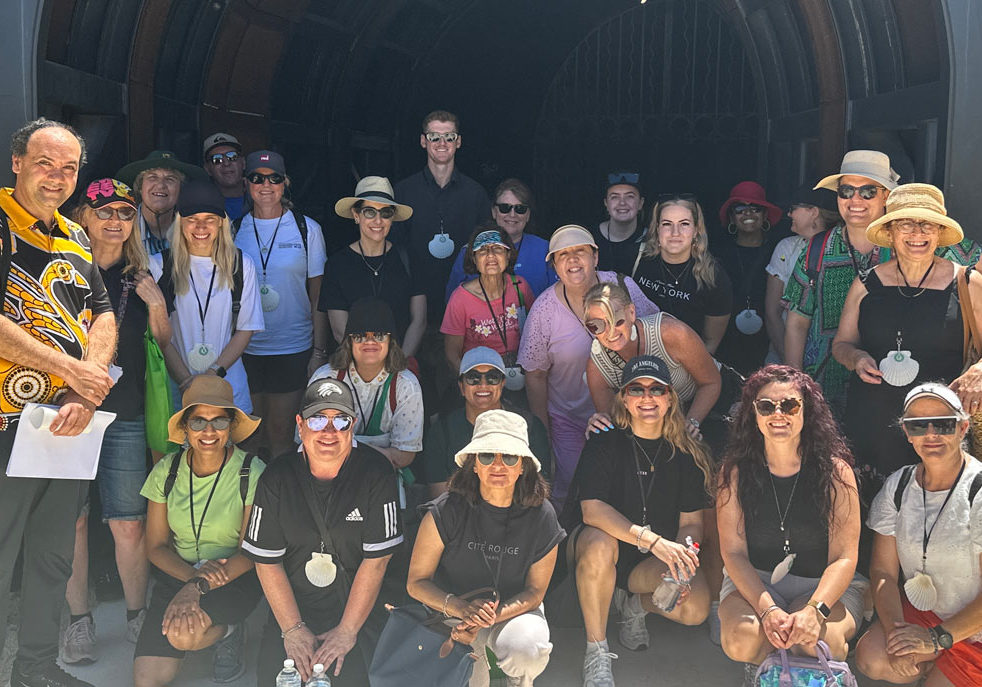10 years supporting Uthando Dolls project at Santa Maria
14 August 2020
2020 marks the tenth year that Santa Maria College has given students the opportunity to be part of the Uthando Dolls project, an international initiative that supports the social and emotional development of children affected by HIV/AIDS in South Africa.
Uthando Dolls was started in 2004 by a Perth-based child psychiatrist who had spent time in the KwaZulu-Natal province of South Africa, and saw the potential benefits of providing disadvantaged and vulnerable children there with handmade dolls.
In 2010, Year 10 Santa Maria student Ashlyn Hars was considering options available to her for required 20 hours of community service.
“I wanted my community service to involve something that would have a direct impact on those in need,” Ashlyn said.
“After lots of searching, my mum and I heard about the Uthando project through one of her old work colleagues,
“I immediately knew it would be a most rewarding way for me to not only complete my community services hours but also come out of it with such a rich and heartwarming experience – I loved the project so much and I did close to 100 hours instead of the required 20 hours,”
“The role of a doll is more than a toy. A doll can become a companion of one’s very own, someone to talk to and cuddle, a silent friend,”
The Uthando Dolls project is currently offered to Years 5 & 6 students at the College, with groups run during Terms One and Four.
Students learn about the Uthando Dolls non-profit and the communities they work with, while also being able to express their creativity and learn new sewing skills.
Zara, one student involved this year, said she enjoyed naming the doll she made.
“We were able to pick a KwaZulu-Natal name with meaning. I chose to name mine Sihle, which means mercy and compassion,” Zara said.
“I enjoyed decorating the dolls with clothes and accessories to give them a personality of their own,” said Deandra, another student in the 2020 group.
After introducing the College to Uthando Dolls 10 years ago, Ashlyn Hars is no longer involved with the project, but is thrilled that it has continued to be a part of life at Santa Maria.
“I have always dreamt of going to KwaZulu-Natal to see the direct impact the dolls have had, so maybe that is a post-COVID travel plan,” she said.
During the COVID-19 pandemic no dolls have been shipped to local non-profits in KwaZulu-Natal, but a delivery is now scheduled for later in 2020, meaning the Santa Maria dolls will make it to their recipients soon.


